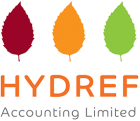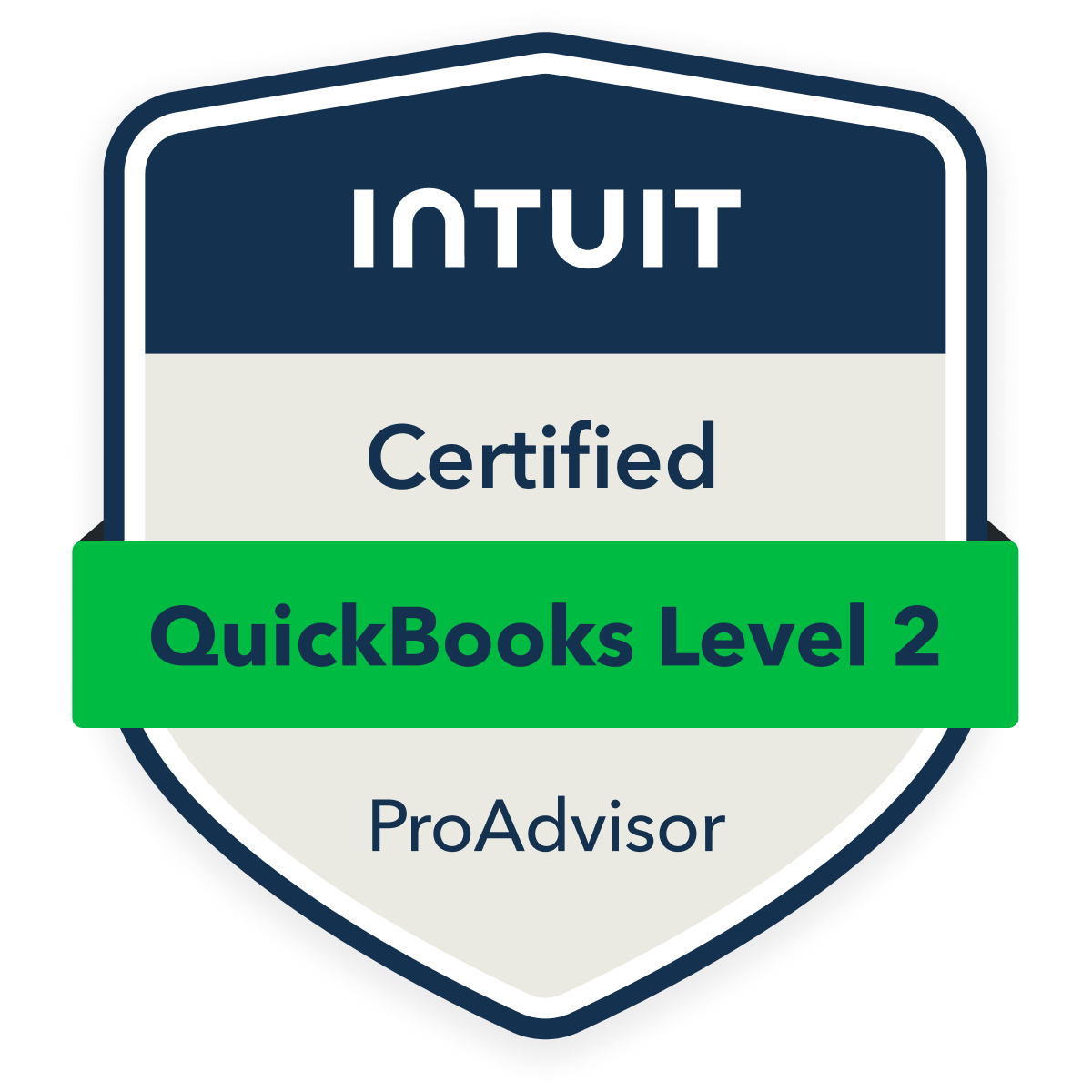The level of support you need with bookkeeping and accounts varies depending on the size of your business, but also with the complexity of it. I’ve talked before about bookkeepers who aren’t bookkeepers – the person who ends up minding the financial side of the business by default rather than through intention. There comes a time when whatever the turnover or number of employees, that person finds themselves in need of support that goes beyond just someone to cast an eye over the end of year accounts.
A colleague was telling me recently about a business he works with. The owner had been working in the business as a sub-contractor for several years, and when the previous owner decided to retire the opportunity to buy the business arose. So, the new owner went from being a self-employed engineer to the owner of a VAT registered limited company with all the stock, staff, and more complex accounting issues which that implies.
For a small but growing business, an interim financial director (FD) offers many benefits, especially during crucial periods of change and expansion. These times can uncover holes in the capability of the business. The financial understanding of the owner and their accountancy partners may have been adequate up until now, but the time has come when they don’t know the right questions to ask, let alone the answers. But business changes are not the only gap that an interim FD can plug. A question I ask new clients is: “What is your continuity plan if your FD suddenly quits or goes on long term sick or maternity/paternity leave?”
Introducing a fresh pair of eyes to support the existing bookkeeper in providing the higher level of reporting that the increasing size and complexity needs can act as a sanity check for the owner, or board, to be clear that the finances are in a suitable condition to support the overall business goals. This can be especially useful in the lead up to preparing a business for sale.
So, by appointing an interim financial director what do you gain?
Immediate access to expertise: Building internal financial expertise takes time and resources. An interim FD arrives with a wealth of experience in various financial areas, providing immediate support and guidance.
Improved processes: You may already be using a platform such as Sage or Xero but are you using it to it’s fullest potential? Using software like Futrli to help manage cash flow and replace cash excel forecast sheets will supplement your existing system with providing the information you need to operate successfully.
Strategic guidance: Interim FDs have experience working with businesses in various stages of growth. They can provide valuable insights and strategic guidance on financial planning, capital allocation, and risk management, helping you navigate growth challenges effectively.
Objectivity and fresh perspective: An outsider’s perspective can be invaluable. An interim FD can identify potential financial issues and inefficiencies that might be overlooked internally, suggesting improvements and best practices.
My experience runs from time spent in corporate finance, to running an accountancy practice, and my own business. Working with platforms such as Xero and Sage, I can help you bring your financial management and reporting into line with your plans for the next stage of your business. Journey Get in touch 03333 449270 or book an appointment through my Calendly link.



